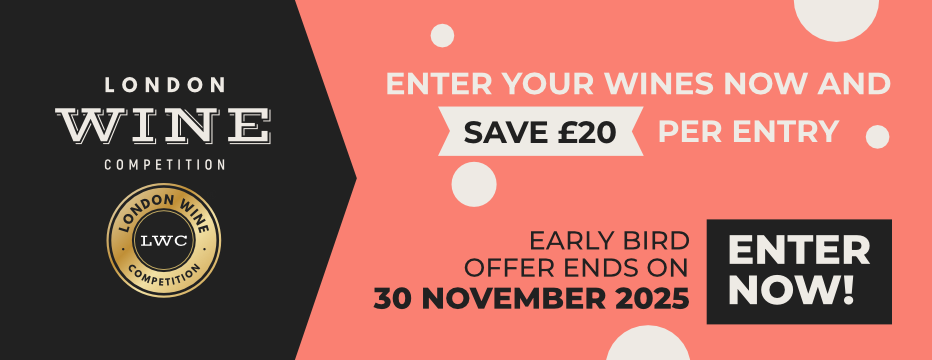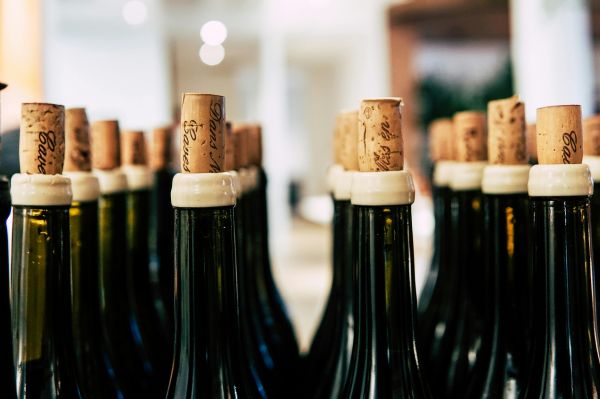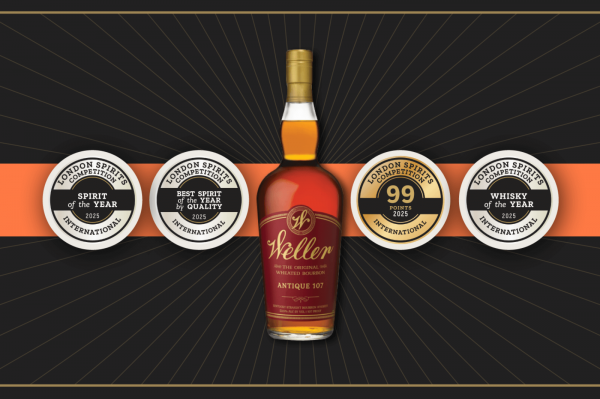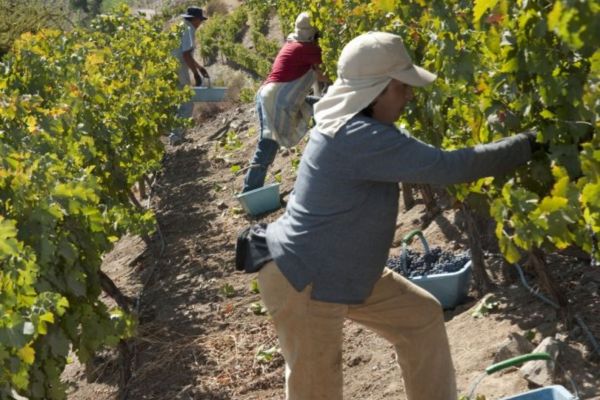
Your Business
Consumers Becoming Less Knowledgeable about Wine, but Increasingly Confident
05/12/2023 Consumers are becoming less knowledgable about wine, but at the same time becoming more confident around the category, according to a new report from Wine Intelligence.
The new research reveals that wine drinkers’ depth of knowledge about wine is gradually decreasing, and they are less interested in learning about new grape varieties, wine styles, and wine-producing regions.
This trend is most marked in markets such as the UK, Australia, Brazil, and Germany where wine knowledge amongst consumers has decreased between 2019 and 2021. In the US, wine knowledge has taken the biggest downturn since 2017 as wine-engaged consumers drive category growth but without feeling the need to retain technical knowledge.
The UK, however, is one market that has bucked this trend and is the only key market to see an increase in the ‘wine knowledge index’ which measures consumer reported awareness of wine-producing countries, wine regions, and wine brands.
[[relatedPurchasesItems-38]]
“The wine industry has undoubtedly helped consumers to feel more confident both navigating and enjoying wine without the need to bring with them an encyclopedic knowledge,” said Wine Intelligence's CEO Lulie Halstead. “Wine consumers are helped by the fact that many of today’s wine labels are both visually appealing and highly successful at explicitly communicating the flavours and tastes inherent to a particular brand” she added.
While self-reported knowledge of wine is on the wane, consumer confidence in wine has remained stable, which Wine Intelligence claims means that instead of relying on their wine knowledge when it comes to what wines to buy, consumers are instead taking their wine buying cues from elsewhere.
And a significant factor here is ‘cognitive offloading” says the report. “While wine knowledge is being accessed, it is not necessarily being retained, leading to an overall reduction in retained consumer wine knowledge,” it claims. “The wealth of online sources of wine information, easily and rapidly accessible via a smartphone, are enabling buyers to purchase with confidence, without the need to retain hard facts.”
An increasing number of consumers want to quickly access information on the go and eschew deep dives into winemaking stories in favour of simple messaging and layered information. And this trend can be considered good news for the wine industry. “Confidence has become uncoupled with knowledge in recent years, creating a more inclusive wine category – a key necessity if it is to retain market share against challenges from craft beer and RTDs,” she said, adding that this is also supporting opportunities in channels such as convenience and online.
So how can wine brands use this information to be adapt their message and become more inclusive? Wine Intelligence advises wine brands to focus on clarity when it comes to communicating a wine’s flavour, adding there are successful shortcuts to achieving this, such as via the bottle shop, label design, and broader brand communication. “Helping consumers understand flavour instinctively through visual branded cues is a good starting point,” said Halstead.
And as an increasing number of consumers want to be able to quickly access information while on the go, a good website that is easy to navigate and well optimised is vital, she added. “While websites often dive deep into winemaking stories and the details of production, simple messaging and layered information will prove critical.”













